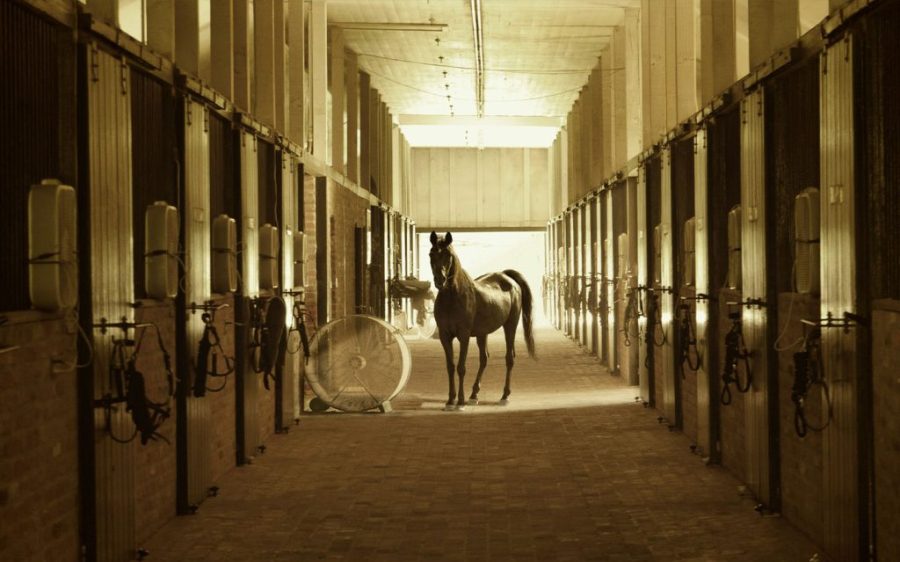Racehorse owners hoping to send their steeds to New Zealand and Australia say they’re worried the costs of getting them down under are becoming prohibitive, despite a subsidy from the Macau Jockey Club (MJC).
While the MJC had committed to paying transport costs of up to HK$200,000 per horse, owner Jenny Chapman told the South China Morning Post that may not be nearly enough. She said that back in March, the club had estimated it would cost HK$161,800 “per horse landed in New Zealand.” According to Chapman, that figure was based on total costs being shared by 36 horses and only 11 have signed up for the flight so far.
Those ultimately bound for Australia, like Chapman’s, would have to travel from New Zealand due to quarantine regulations.
Chapman also noted the MJC had pushed the flight date for horses headed to New Zealand back to August or September as a best-case scenario. Until then, her Fabulous Fillies Syndicate was stuck paying HK$8,000 a month to keep their horse, Hennu Stall, at Macao’s now defunct racetrack in Taipa.
[See more: A final farewell: Macao’s horse racing era draws to a close as the curtain falls on the Macau Jockey Club]
The MJC gave owners a deadline of one year, ending 1 April 2025, to get their horses out of the SAR. Chapman said she was worried the equine flight would be further delayed, resulting in mounting expenses and limbo for both owners and horses.
“It’s almost getting to the point where I might have to race him in Malaysia,” she said. “I don’t want to if I can help it, but I think that’s our best alternative if we can’t get him back to Australia.”
The promising four-year-old had already cost the syndicate more than HK$100,000 to import: he arrived from Australia just a few months before the MJC suddenly announced it was terminating the sport for financial reasons, without any prior consultation with owners. The final race was held on 30 March this year.
Since the termination’s announcement, the SAR’s racehorse owners have repeatedly lambasted the MJC the way it handled the termination process and the inadequate compensation it offered them






